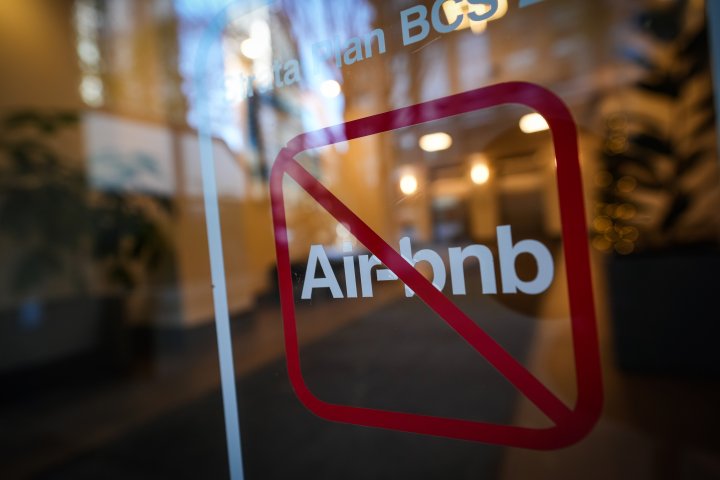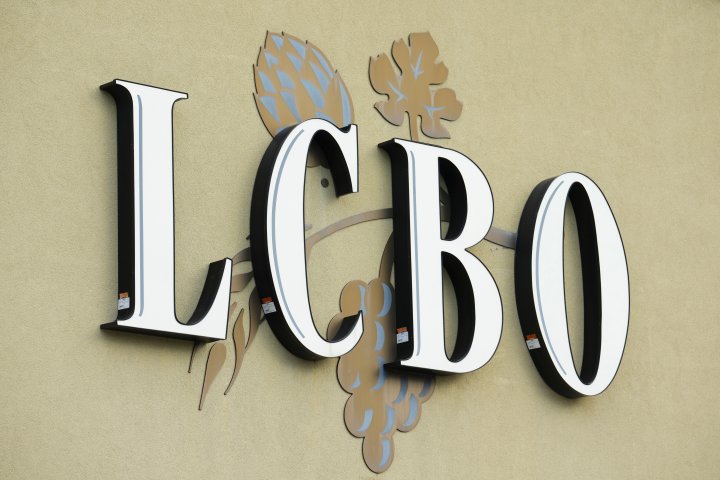British Columbia to Implement New Rules for Short-Term Rentals Starting May 1st
As of May 1st, British Columbia will be implementing new rules for short-term rentals in an effort to regulate the growing industry. These changes come after years of debate and discussion surrounding the impact of short-term rentals on the housing market and local communities.
Under the new rules, all short-term rental hosts will be required to obtain a license from the province and display that license number on all online listings. This will make it easier for authorities to track and enforce regulations on short-term rentals.
Additionally, short-term rental platforms such as Airbnb and VRBO will be required to collect and remit provincial sales tax (PST) and municipal and regional district tax (MRDT) on all bookings. This will ensure that short-term rentals are contributing their fair share to the local economy.
The new rules also include a cap on the number of nights a primary residence can be rented out as a short-term rental. Hosts will only be allowed to rent out their primary residence for a maximum of 180 nights per year. This is to prevent the conversion of long-term rental units into short-term rentals, which has been a concern for many communities.
In addition, strata corporations and local governments will have the power to ban short-term rentals in their buildings or neighbourhoods if they choose to do so. This gives communities the ability to regulate short-term rentals based on their specific needs and concerns.
The implementation of these new rules has been met with mixed reactions. While some applaud the government for taking action to regulate the industry, others feel that the rules do not go far enough. Some critics argue that the cap on the number of nights a primary residence can be rented out is still too high and will not effectively address the issue of housing affordability.
However, the government maintains that these new rules strike a balance between allowing short-term rentals to continue while also addressing the concerns of local communities. They believe that these regulations will help to create a fair and level playing field for all types of accommodation providers.
In conclusion, the new rules for short-term rentals in British Columbia aim to bring more transparency and accountability to the industry while also addressing the impact on the housing market and local communities. It remains to be seen how these changes will affect the short-term rental market, but one thing is for sure – May 1st marks a significant shift in the regulation of this booming industry.



